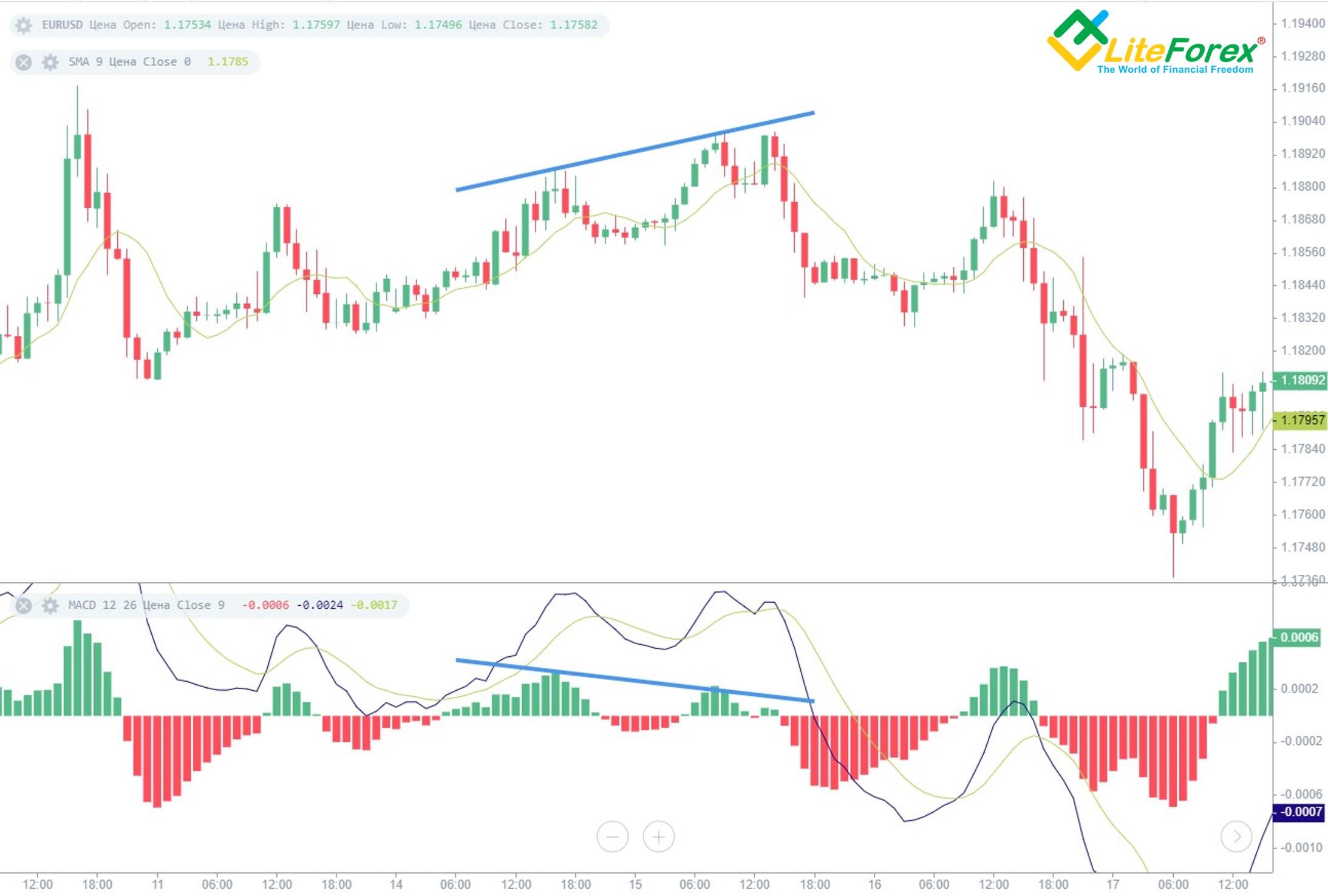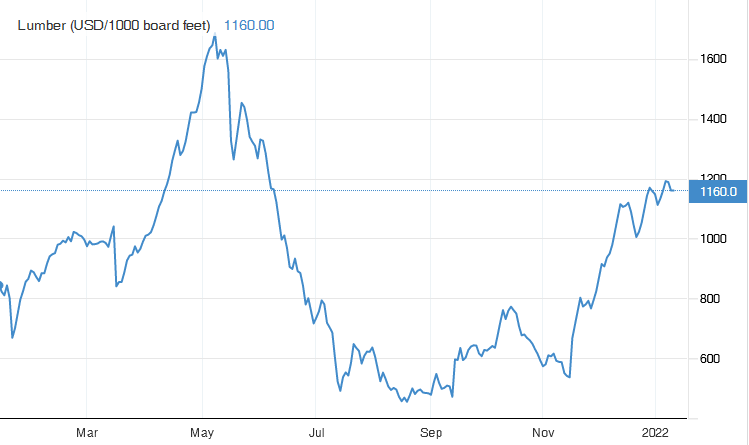
Currency options are a type of derivative that allows investors to protect themselves against the possibility of an exchange rate change. These options can be purchased in a number of different ways.
You can trade currency through a broker who will take over the risk of the trader and charge an additional fee. This is a good way for beginners to start trading on the forex markets, since they can start with small amounts and minimal risk.
NASDAQ OMX also offers currency options, including those on the Australian Dollar, British Pound, Canadian Dollar, Euro, Japanese Yen, Swiss Franc, etc. These options have a wide range of expiration dates, strike prices and are cash settled.

The Chicago Mercantile Exchange, or London Stock Exchange are regulated exchanges where you can purchase foreign currencies options. These exchanges offer a range of expiration dates and quoting options that have standard maturities, but they are not as flexible as those on the NASDAQ OMX.
Currency options allow you to hedge your currency against fluctuating values without paying for the actual currency. These options can be used to speculate and earn money in the markets if the value of a currency rises or falls above the strike-price of the option at expiration.
Different ways of trading currency options are available depending on how much you can invest. Some people use them as part of a larger portfolio of investments while others only trade them for pure speculation purposes with the potential to make a profit.
What are currency options?
It is important to understand that currency options can be complex instruments, with high risks of losing money. These options are not suitable to everyone. Therefore, it is important that you do research and fully understand them before engaging in a transaction.

The trading of Forex options includes futures, FX options and FX options. FX forwards, swaps, and futures can all be traded.
Anyone with a keen interest in currencies can trade forex options. You can use them for both hedging as well as speculative reasons, but it's important to keep in mind that they can be very volatile.
How to trade currency options
There are basically two types of options in forex: Call and Put. Call gives you the ability to buy currency at a set price for a given period, whereas put gives you an option to sell currency at the same price. The strike price is combined with the current exchange rate to determine the price of an option.
FAQ
What are some of the benefits of investing with a mutual-fund?
-
Low cost - buying shares directly from a company is expensive. It is cheaper to buy shares via a mutual fund.
-
Diversification – Most mutual funds are made up of a number of securities. When one type of security loses value, the others will rise.
-
Professional management – professional managers ensure that the fund only purchases securities that are suitable for its goals.
-
Liquidity – mutual funds provide instant access to cash. You can withdraw money whenever you like.
-
Tax efficiency - mutual funds are tax efficient. This means that you don't have capital gains or losses to worry about until you sell shares.
-
Buy and sell of shares are free from transaction costs.
-
Mutual funds are easy to use. All you need is money and a bank card.
-
Flexibility: You have the freedom to change your holdings at any time without additional charges.
-
Access to information - you can check out what is happening inside the fund and how well it performs.
-
Investment advice – you can ask questions to the fund manager and get their answers.
-
Security - you know exactly what kind of security you are holding.
-
Control - You can have full control over the investment decisions made by the fund.
-
Portfolio tracking - You can track the performance over time of your portfolio.
-
Easy withdrawal - You can withdraw money from the fund quickly.
What are the disadvantages of investing with mutual funds?
-
Limited investment options - Not all possible investment opportunities are available in a mutual fund.
-
High expense ratio – Brokerage fees, administrative charges and operating costs are just a few of the expenses you will pay for owning a portion of a mutual trust fund. These expenses eat into your returns.
-
Lack of liquidity - many mutual fund do not accept deposits. These mutual funds must be purchased using cash. This limit the amount of money that you can invest.
-
Poor customer support - customers cannot complain to a single person about issues with mutual funds. Instead, you must deal with the fund's salespeople, brokers, and administrators.
-
Rigorous - Insolvency of the fund could mean you lose everything
Are bonds tradeable?
Yes, they do! Like shares, bonds can be traded on stock exchanges. They have been doing so for many decades.
The difference between them is the fact that you cannot buy a bonds directly from the issuer. You must go through a broker who buys them on your behalf.
Because there are less intermediaries, buying bonds is easier. You will need to find someone to purchase your bond if you wish to sell it.
There are different types of bonds available. Different bonds pay different interest rates.
Some pay interest every quarter, while some pay it annually. These differences make it easy for bonds to be compared.
Bonds can be very helpful when you are looking to invest your money. If you put PS10,000 into a savings account, you'd earn 0.75% per year. You would earn 12.5% per annum if you put the same amount into a 10-year government bond.
If all of these investments were put into a portfolio, the total return would be greater if the bond investment was used.
How Does Inflation Affect the Stock Market?
Inflation is a factor that affects the stock market. Investors need to pay less annually for goods and services. As prices rise, stocks fall. Stocks fall as a result.
Who can trade in the stock market?
The answer is yes. But not all people are equal in this world. Some have better skills and knowledge than others. They should be rewarded for what they do.
Trading stocks is not easy. There are many other factors that influence whether you succeed or fail. If you don't understand financial reports, you won’t be able take any decisions.
You need to know how to read these reports. Each number must be understood. And you must be able to interpret the numbers correctly.
This will allow you to identify trends and patterns in data. This will help you decide when to buy and sell shares.
You might even make some money if you are fortunate enough.
How does the stockmarket work?
When you buy a share of stock, you are buying ownership rights to part of the company. Shareholders have certain rights in the company. A shareholder can vote on major decisions and policies. He/she may demand damages compensation from the company. He/she also has the right to sue the company for breaching a contract.
A company cannot issue more shares that its total assets minus liabilities. This is called capital sufficiency.
A company with a high capital sufficiency ratio is considered to be safe. Low ratios make it risky to invest in.
What's the difference between the stock market and the securities market?
The securities market is the whole group of companies that are listed on any exchange for trading shares. This includes options, stocks, futures contracts and other financial instruments. Stock markets are usually divided into two categories: primary and secondary. Primary stock markets include large exchanges such as the NYSE (New York Stock Exchange) and NASDAQ (National Association of Securities Dealers Automated Quotations). Secondary stock exchanges are smaller ones where investors can trade privately. These include OTC Bulletin Board Over-the-Counter (Pink Sheets) and Nasdaq ShortCap Market.
Stock markets are important because it allows people to buy and sell shares in businesses. Their value is determined by the price at which shares can be traded. New shares are issued to the public when a company goes public. Investors who purchase these newly issued shares receive dividends. Dividends are payments made by a corporation to shareholders.
Stock markets not only provide a marketplace for buyers and sellers but also act as a tool to promote corporate governance. Boards of Directors are elected by shareholders and oversee management. Boards ensure that managers use ethical business practices. The government can replace a board that fails to fulfill this role if it is not performing.
What is a Reit?
An REIT (real estate investment trust) is an entity that has income-producing properties, such as apartments, shopping centers, office building, hotels, and industrial parks. These companies are publicly traded and pay dividends to shareholders, instead of paying corporate tax.
They are similar companies, but they own only property and do not manufacture goods.
Statistics
- US resident who opens a new IBKR Pro individual or joint account receives a 0.25% rate reduction on margin loans. (nerdwallet.com)
- The S&P 500 has grown about 10.5% per year since its establishment in the 1920s. (investopedia.com)
- Even if you find talent for trading stocks, allocating more than 10% of your portfolio to an individual stock can expose your savings to too much volatility. (nerdwallet.com)
- Individuals with very limited financial experience are either terrified by horror stories of average investors losing 50% of their portfolio value or are beguiled by "hot tips" that bear the promise of huge rewards but seldom pay off. (investopedia.com)
External Links
How To
How to Invest Online in Stock Market
You can make money by investing in stocks. You can do this in many ways, including through mutual funds, ETFs, hedge funds and exchange-traded funds (ETFs). The best investment strategy is dependent on your personal investment style and risk tolerance.
You must first understand the workings of the stock market to be successful. This includes understanding the different investment options, their risks and the potential benefits. Once you understand your goals for your portfolio, you can look into which investment type would be best.
There are three major types of investments: fixed income, equity, and alternative. Equity is ownership shares in companies. Fixed income is debt instruments like bonds or treasury bills. Alternatives include commodities and currencies, real property, private equity and venture capital. Each category comes with its own pros, and you have to choose which one you like best.
Once you figure out what kind of investment you want, there are two broad strategies you can use. One is called "buy and hold." You buy some amount of the security, and you don't sell any of it until you retire or die. Diversification refers to buying multiple securities from different categories. If you buy 10% each of Apple, Microsoft and General Motors, then you can diversify into three different industries. The best way to get exposure to all sectors of an economy is by purchasing multiple investments. This helps you to avoid losses in one industry because you still have something in another.
Another important aspect of investing is risk management. Risk management allows you to control the level of volatility in your portfolio. A low-risk fund would be the best option for you if you only want to take on a 1 percent risk. A higher-risk fund could be chosen if you're willing to accept a risk of 5%.
Learn how to manage money to be a successful investor. Planning for the future is key to managing your money. A plan should address your short-term and medium-term goals. It also needs to include retirement planning. This plan should be adhered to! Do not let market fluctuations distract you. Your wealth will grow if you stick to your plan.